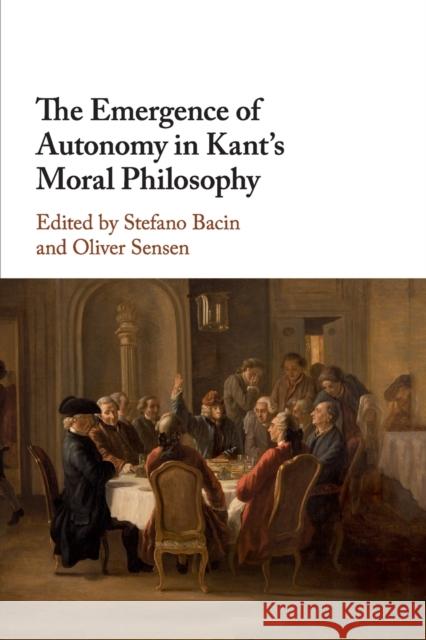The Emergence of Autonomy in Kant's Moral Philosophy » książka
topmenu
The Emergence of Autonomy in Kant's Moral Philosophy
ISBN-13: 9781316633762 / Angielski / Miękka / 2020 / 238 str.
The Emergence of Autonomy in Kant's Moral Philosophy
ISBN-13: 9781316633762 / Angielski / Miękka / 2020 / 238 str.
cena 154,78
(netto: 147,41 VAT: 5%)
Najniższa cena z 30 dni: 146,03
(netto: 147,41 VAT: 5%)
Najniższa cena z 30 dni: 146,03
Termin realizacji zamówienia:
ok. 22 dni roboczych.
ok. 22 dni roboczych.
Darmowa dostawa!
A thorough study of why Kant developed the concept of autonomy, one of his central legacies for contemporary moral thought.











